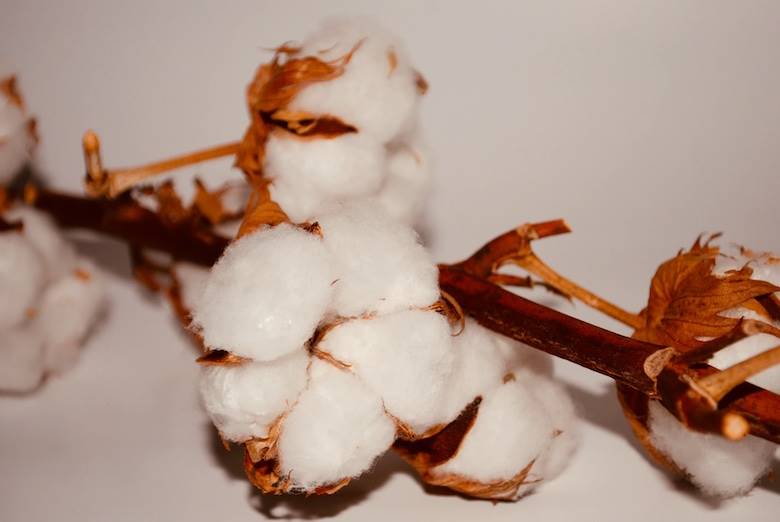Recycling cotton could save Bangladesh clothes sector $500 million a year

Recent reports from the Circular Fashion Partnership (a cross-sectorial effort led by the Global Fashion Agenda [GFA] in collaboration with Reverse Resources, the Bangladesh Garment Manufacturers and Exporters Association and P4G) suggest that the Bangladeshi garment industry could save around $500 million every year by recycling the cotton it uses.
The second-largest exporter of clothing globally, Bangladesh imported roughly 1.6 million tonnes of cotton to the value of $3.5 billion in 2019, the organisation stated.
During the same year, the country's garment industry produced 250,000 tonnes of recyclable “100% pure cotton waste”, including cuttings and yarn from the end of bobbins.
Senior sustainability manager at the Copenhagen-based GFA, Holly Syrett, told reporters that local collectors of cotton waste are more likely to use it as mattress filling, export it to other countries for recycling or even incinerate it for energy at present.
Currently, there is no formal system to govern the control of cotton waste and, according to reports, it is not well traced. However, recycling this cotton could reduce imports of the fibre by 15%, the Circular Fashion Partnership said.
As if to underscore this point, GFA chief executive, Federica Marchionni, commented: “These findings demonstrate that a circular fashion system could breed not only environmental but financial benefits for a country.”
Reverse Resortecs’ head of recycling, Nin Castle, added: “Bangladesh produces arguably the most recyclable textile waste of any apparel-producing country.” She further explained that recycling its textile waste could give the South Asian country a “massive competitive edge”, in addition to helping it reduce costs and its overall carbon footprint.
The Circular Fashion Partnership launched in February and currently includes retailers such as Next, Primark, Benetton, H&M, Bestseller, Gina Tricot and Bershka.
Image: Unsplash. Credit: Anca Gabriela Zosin










